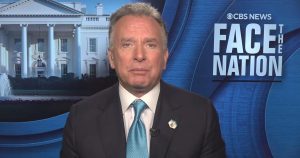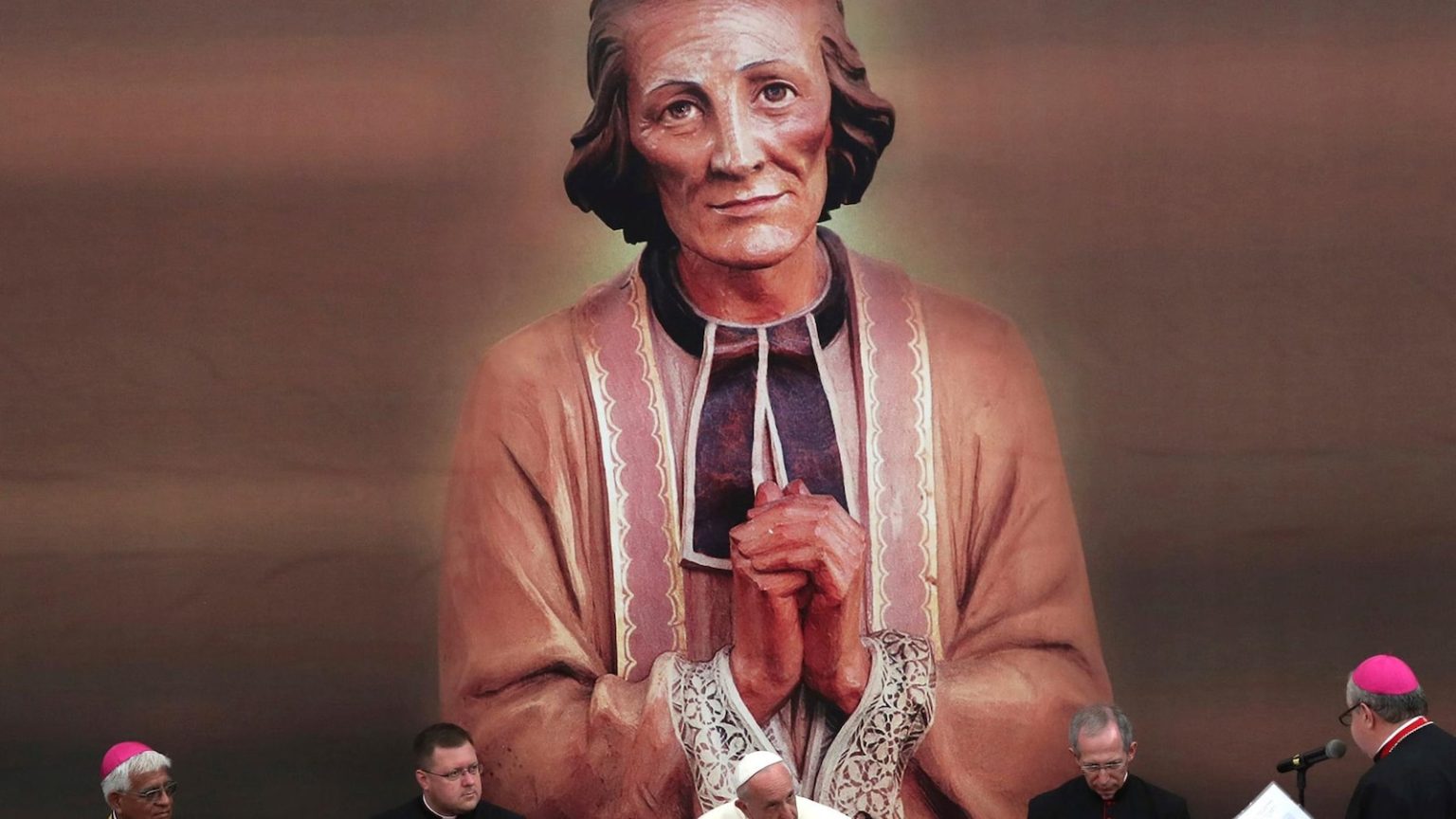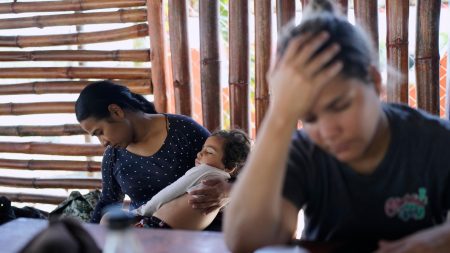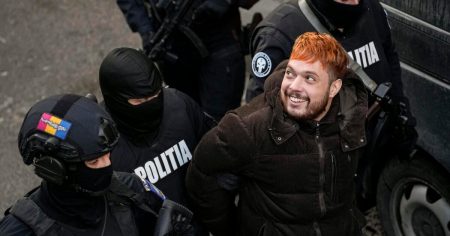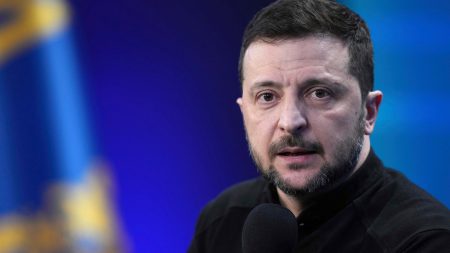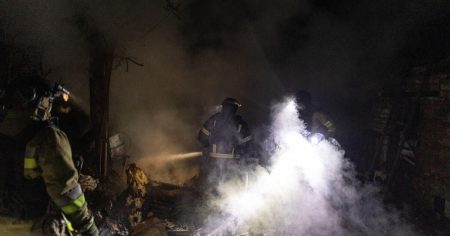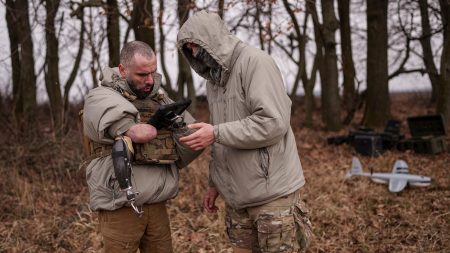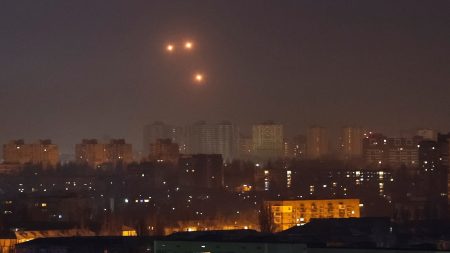Pope Francis Accepts Resignation of Peruvian Archbishop Amid Controversy Over Catholic Movement
Archbishop Miguel Cabrejos Steps Down Amid Criticism
Pope Francis has accepted the resignation of Archbishop Miguel Cabrejos, a influential Peruvian bishop who has faced criticism for his handling of abuses committed by a conservative Catholic movement known as Sodalitium Christianae Vitae (SCV). The resignation comes as the Vatican continues to grapple with the fallout from the movement’s disbanded activities, which included allegations of sexual abuse, harassment, and economic exploitation. Archbishop Cabrejos, who served as the president of Peru’s Bishops Conference for 12 years until January, will be succeeded by Jesuit bishop Gilberto Vizcarra. The Vatican did not provide a specific reason for the Pope’s decision, but the move is seen as part of broader efforts to address the scandals surrounding the SCV.
Archbishop Cabrejos and His Leadership
Archbishop Miguel Cabrejos, 76, had led the diocese of Trujillo and served as the president of Peru’s Bishops Conference until earlier this year. He had submitted his resignation to the Vatican in 2023, in line with Catholic Church laws that encourage bishops to retire at the age of 75. During his tenure, Cabrejos faced criticism for his handling of the SCV, a conservative Catholic movement that was disbanded by Pope Francis in January. Victims of the movement and their advocates accused the archbishop of turning a blind eye to the abuses committed by SCV members, including sexual abuse, psychological manipulation, and economic exploitation. Pedro Salinas, a journalist and former member of the SCV, described Cabrejos as “indifferent towards victims” in a statement published last year.
The Rise and Fall of Sodalitium Christianae Vitae
Sodalitium Christianae Vitae (SCV), founded in 1971, emerged as a conservative Catholic movement in reaction to the left-leaning liberation theology that swept through Latin America in the 1960s. The movement quickly gained influence, with hundreds of members across South America and the United States. At its peak, SCV was a powerful force in Peru, with its U.S. base in Denver. However, over the years, the movement became embroiled in controversy. In 2017, an internal report revealed that SCV’s founder, Luis Figari, had sodomized recruits and subjected them to humiliating psychological and sexual abuses. The report also uncovered “sadistic” sect-like abuses of power, authority, and spirituality, as well as economic mismanagement and harassment of critics.
Victims Speak Out Against Archbishop Cabrejos
Victims of the SCV and their advocates have long accused Archbishop Cabrejos of failing to address the abuses committed by the movement. Journalist Pedro Salinas, who published a book exposing the SCV’s abuses, described Cabrejos as indifferent to the suffering of victims. Salinas’s book sparked several investigations into the movement, leading to further revelations about its practices. In a recent interview with Peruvian newspaper La República, Cabrejos claimed that Peru’s Bishops Conference had been warning the Vatican about SCV’s abuses since 2015. He argued that the Vatican’s investigators, Archbishop Charles Scicluna and Monsignor Jordi Bertomeu, relied on information gathered by Peruvian church leaders over several years. However, critics argue that Cabrejos and other church leaders should have taken stronger action to protect victims and hold perpetrators accountable.
Vatican Takes Action Against SCV
In response to the allegations, Pope Francis sent two of his most trusted investigators, Archbishop Charles Scicluna and Monsignor Jordi Bertomeu, to Peru to investigate the SCV. Their 2023 report confirmed the full extent of the movement’s abuses, including sadistic practices, economic mismanagement, and harassment of critics. The report led to the expulsion of SCV’s founder, Luis Figari, and ten top members, including an archbishop who had sued journalists Paola Ugaz and Pedro Salinas for their reporting on the movement. The archbishop in question was forced to retire early. The Vatican’s decision to disband the SCV in January marked a significant step in addressing the movement’s abuses, but critics argue that more needs to be done to ensure accountability within the Church.
Implications for the Catholic Church and Society
The resignation of Archbishop Cabrejos and the dismantling of the SCV highlight the broader challenges the Catholic Church faces in addressing abuse and ensuring accountability. The case serves as a reminder of the ongoing struggles to reform the Church’s response to abuse allegations and to rebuild trust with victims and the public. While the Vatican has taken steps to address the SCV’s abuses, the controversy surrounding Archbishop Cabrejos’s leadership underscores the need for greater transparency and accountability within the Church. For victims of the SCV and their advocates, the hope is that the Church will continue to take meaningful action to prevent future abuses and to support those who have been harmed.
